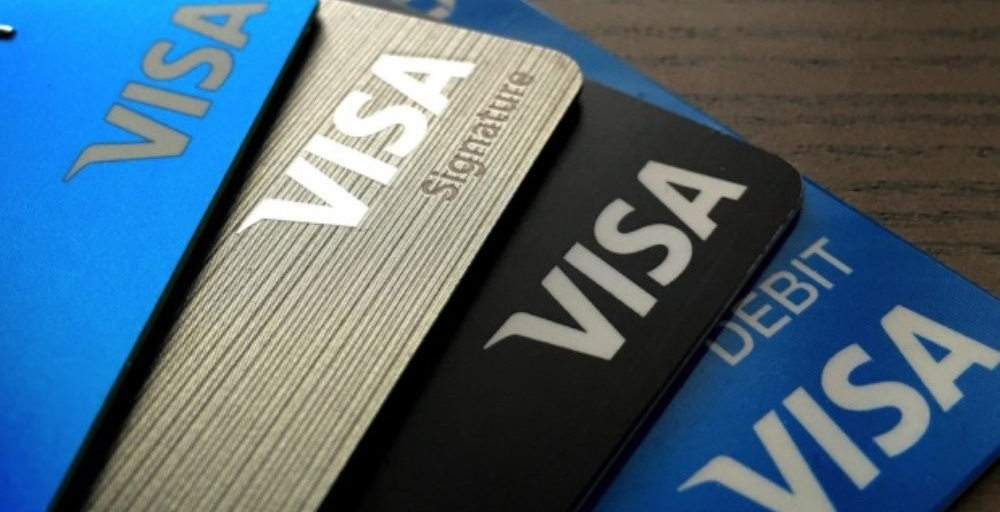
Starting in April 2021, the exchange rate of the day a Visa card is used to make a purchase will now be the same exchange rate used during transaction authorization, clearing and settlement.
Providing payer certainty
Retail spending is up, and as more consumers are either required or choose to stay inside, they’re increasingly turning to online channels to make their purchases. According to Visa’s own analysis, in most countries, once a shopper decides to make a purchase online rather than in-store, it’s more likely that transaction will become a cross-border one as buyers care less about where a seller is physically located.
As a result, cross-border eCommerce spend remains elevated, with Visa seeing steady volume growth since mid-April — a trend fueled by an estimated 30 percent growth rate in retail spending, Visa said.
“If you look at the rising number of marketplaces, and the ability for global sellers to participate in these marketplaces, the barriers to getting different types of goods and services — whether they’re domestic or in the country next door or across the globe — are coming down,” said Bill Sheley, senior vice president and global head of Visa Direct.
While operating in a faraway location won’t deter an online shopper from making a purchase with a retailer selling across borders, a lackluster checkout and payments experience could.
And when it comes to FX fluctuations, initiating a payment on Monday doesn’t mean a consumer will actually see Monday’s exchange rate when a transaction settles on Friday. It adds a layer of confusion, frustration and, of course, cost for online shoppers that compromises a retailers’ effort to offer a seamless experience to buyers anywhere.
“The big thing here is providing a sense of certainty, and a level of clarity and transparency,” he said.
Merchants’ competitive edge
With consumer demands growing more complex, steadying the FX rate and providing clarity is key to merchants’ competitive edge as well.
“This fits into the ability to create a global, frictionless payment environment for consumers and small businesses,” Sheley said of the new policy’s opportunity for online sellers to improve buyer experiences. “Consumers want that kind of clarity and certainty.”
As Visa introduces new services and features to the market, the company’s focus on an open network strategy also makes it easier for businesses to implement these tools in a variety of ways. An online merchant can choose to have Visa manage the transaction end-to-end, for example, or provide FX services independent of the transaction itself.
For card issuers, there is the competitive advantage of a more favorable payments experience for customers which will drive more top-of-wallet usage for cross-border transacting. Sheley also highlighted the recent rise in neobanking as a key driver of the growing sophistication of consumer demands. Considering many emerging challenger banks’ revenue models rely on FX and other transaction fees, Visa’s new policy will also enable Visa issuers to remain competitive by making it more cost-effective for consumers to use Visa-branded card products for those cross-border purchases.
At the same time, it also helps issuers manage the cost of processing, clearing and settling cross-border transactions by giving issuers the option to seamlessly integrate this service within its broader offering.
As payments accelerate, and new faster payment services like Visa Direct emerge, the challenge of ensuring FX rates remain steady from payment to settlement will eventually diminish. Until then, eCommerce volumes remain elevated, and for global merchants to truly meet consumer demand with a competitive edge, they’re going to have to offer an optimal payments experience across the board. Nixing confusion around FX is an increasingly important component of that effort.
Banking 4.0 – „how was the experience for you”
„To be honest I think that Sinaia, your conference, is much better then Davos.”
Many more interesting quotes in the video below: